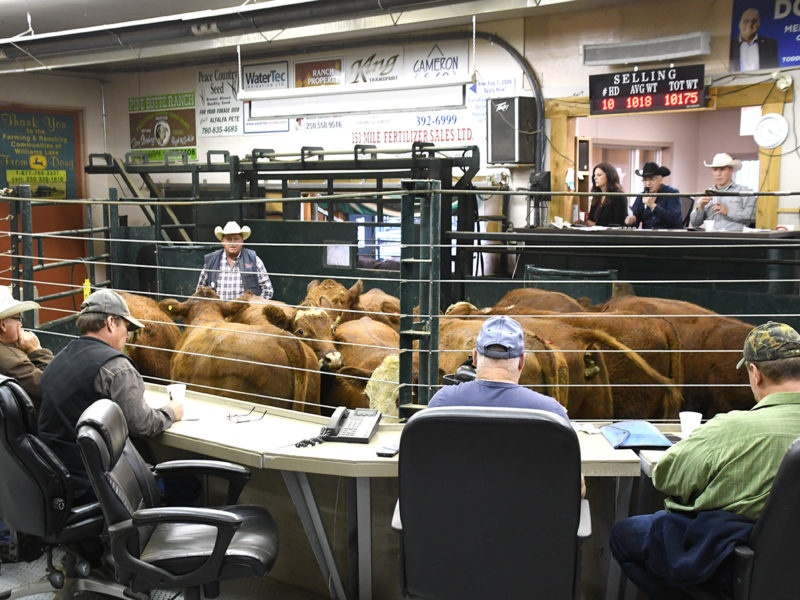Ranchers are asking Ottawa to consider two programs to support the industry following significant reductions in processing capacity this week.
“The situation has gone from serious to critical,” says Fawn Jackson, director of government and international relations with the Canadian Cattlemen’s Association (CCA).
She says the federal government appears to be looking to the provinces to get involved, while the provinces have yet to announce support.
“There is no action being taken,” she said this week. “Somebody needs to act now.”
An outbreak of COVID-19 led Cargill to temporarily idle its plant in High River, Alberta. It has not said when it will reopen. The JBS plant in Brooks, where workers have also been infected with COVID-19, is down to one shift. Together those two plants account for 70% of federally inspected beef processing capacity in Canada.
“Those production losses mean about 6,000 head a day below normal capacity in Western Canada,” says CCA executive vice-president Dennis Laycraft. “That translates to 30,000 fewer cattle being processed each week.”
Cattlemen are asking the government to support a program that compensates producers to delay delivery of cattle to market. Cattle are put on a maintenance ration that keeps them at a stable weight.
During the BSE crisis in 2003, the program allowed for more market discipline and equilibrium. “The price for feedlot cattle is down $600-700 a head right now,” says Laycraft, prompting feedlot operators to start holding back animals.
The extremely high cost of premiums for Western Livestock Price Insurance also concerns CCA.
“Premiums that were historically in the range of $15-$20 per head are now in the $70 per head range and that makes it ineffective for our producers to use,” says Jackson.
Western Livestock Price Insurance is one of the main programs the beef industry uses to manage risk. Participation is stalling when it is needed most because of the high cost, says Jackson.
“Our recommendation to the federal government is to address this through a cost-shared premium similar to how crop insurance works,” she explains. “We think that [crop insurance] is an example of how it can be adapted to the COVID-19 times.”
That should go a long way to getting producers on board.
“We really think that addressing these unaffordable premiums would increase the risk management uptake in the beef sector and provide some confidence in the market especially when large numbers of backgrounded cattle are coming to market this spring,” Jackson says.


 BC cranberries get green verification
BC cranberries get green verification